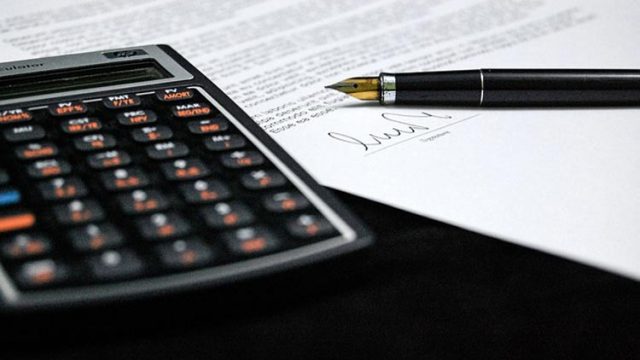If you were to consult experienced commercial lawyers, they would tell you that it is important in drafting commercial licensing agreements to understand the world you’re dealing with. Become an expert contract drafter doesn’t mean you’re an expert in your client’s world. Get to know their industry, technology, and concerns. Gathering as much information as possible ensure better contracts and agreements.
Fact Gathering
Why gather as many facts as you can before drafting? The answers are obvious:
- Gathering information reduces the chance of inadequate drafting, leaving out import clauses and crucial elements of your client’s business. Instead of reducing risk, you may increase risk by missing information
- Finding out as much as possible about your client’s needs and business will save time, which in turn will save money and make for a happy client. Also, saving time means beating deadlines and not being pressured to complete a document at the last minute.
- Understanding what your client needs, by gathering data allows you to pick and write the proper provisions.
So what types of facts should lawyers collect before drafting? The answers fall into several categories:
- Transactional Facts: These are data points such as names and addresses, nature of the parties
- Additional Transactional Fact – “The Deal”: What is being offered, what is required to accept the terms of the contract? What types of situations does your client want to avoid? Consideration – what will the parties pay and in what form? How will payment be exchanged and how will it be measured? How long will the relationship last and what would cause the end of the relationship? What is your client most worried about losing?
